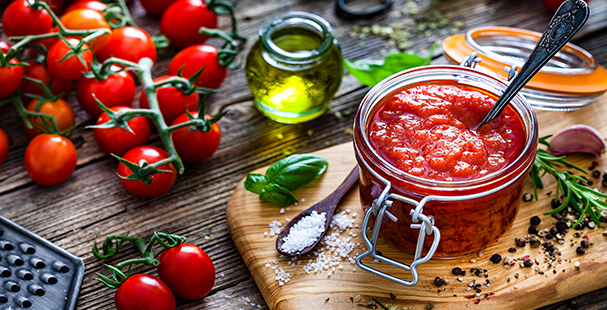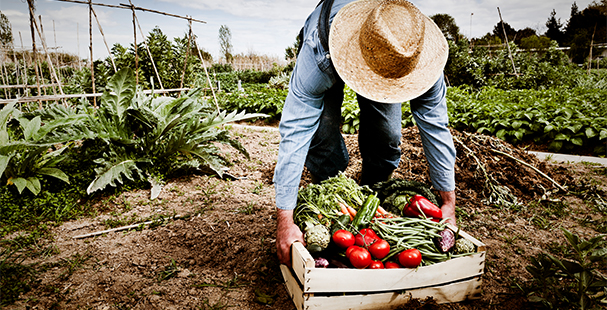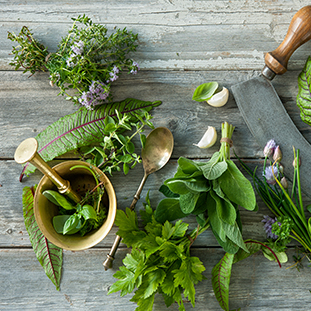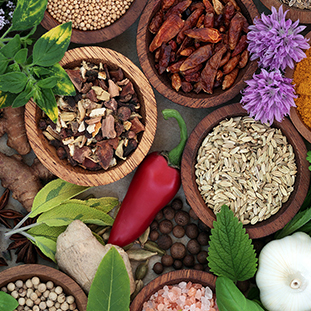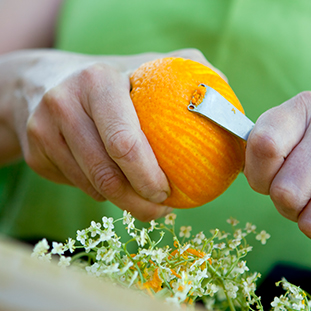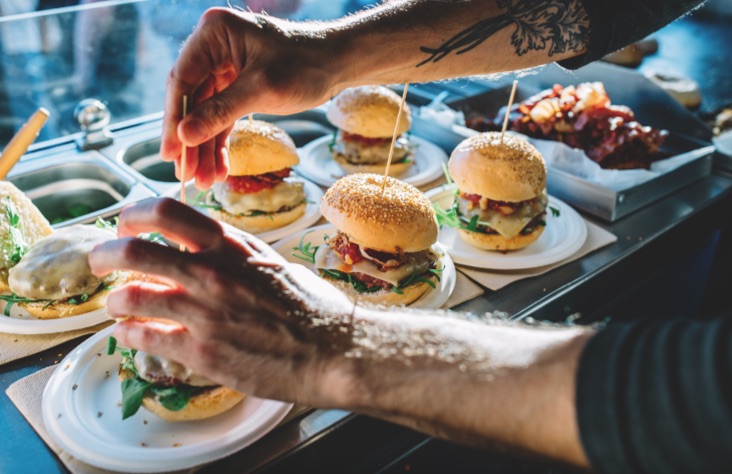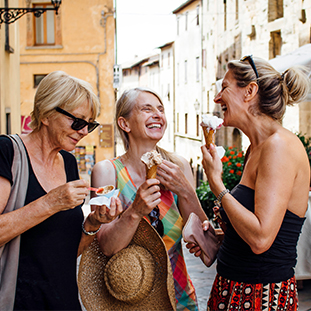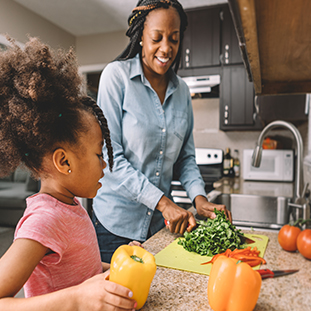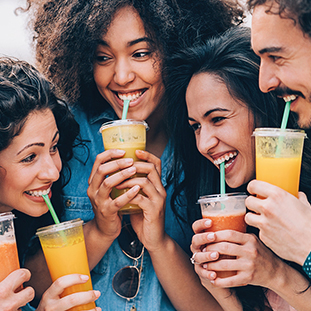Amy positions the computer at the head of the table. ‘Covid makes us feel weird - it has stopped so many things. On the one hand we can see much less of our friends in person. On the other hand, we can invite people to dinner via our computers - and they have to cook and do the dishes for themselves!’
Mike appears on the screen, the first virtual guest. Mike is taking cooking lessons from Andy. ‘Every time we did a Zoom I’d join with a sandwich and have to watch these guys eating Andy’s amazing creations. So I asked him to teach me a few tricks.
‘I still eat meat,’ says Mike, as though contemplating a future decision to turn vegan. ‘It has to be organic, sustainably sourced, animal welfare guaranteed. It’s better for me, and it sounds like the minimum requirement of living a decent life - treating farmers well, avoiding cruelty, you know.’
Brenda joins the call. Her family deli started as a labor of love, serving a narrow band of customers who were looking for high quality ingredients, carefully sourced from around the world. ‘New York unites the whole world in one city, and our customers present all nationalities, as well as our friends of course.’


